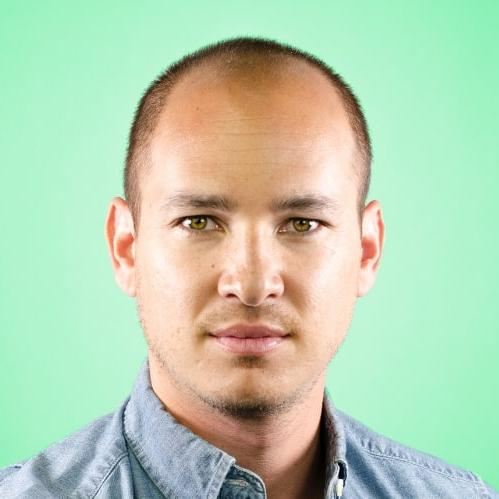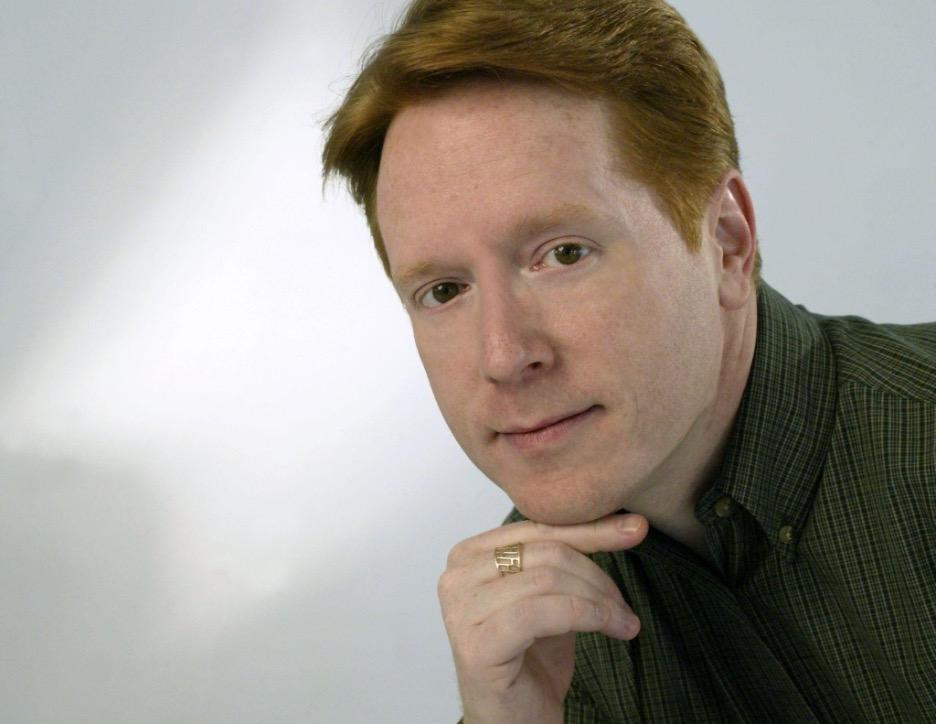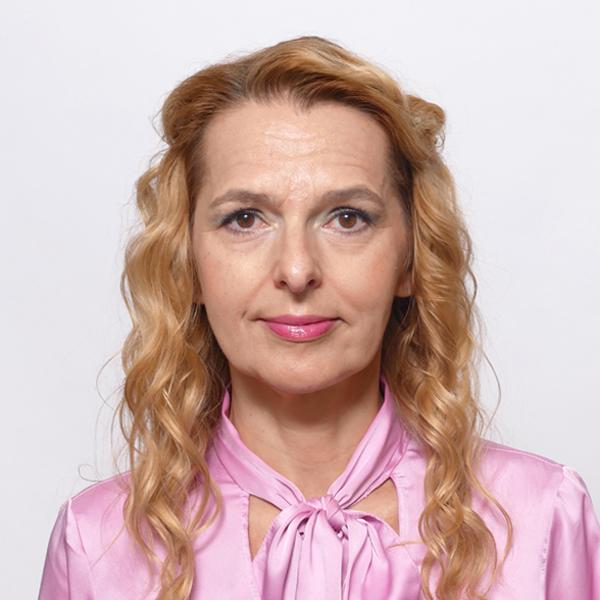
Associate professor and head of archives, Jay Trask, discusses the importance and difficulty of archiving books and other types of media.
My name is Jay Trask and I'm the head of archives here at UNC. 我是副教授 我也是历史联络员.
The three big things that we're doing in archives are:
- We want to figure out which records are actually things that need to be saved. So when you think about your life, you think about all the records you're generating. So each Facebook post you put up, each tweet you do, each podcast you do, those are 所有你生活的记录. 并不是所有的都有相同的价值. 比如,收据 星巴克并不能告诉我们你的真实情况. 作为档案保管员,我的工作就是 look at records and make decisions about what tells the story of this person or what 讲述了这个机构的故事. 无论这些记录是什么,它都在讲述一个故事 应该是什么. And you make mistakes as an archivist doing that. I know I made a terrible mistake early in my career where I didn't have a background in steel 生产. For some reason I was working at a steel archive and I elected not to keep some records that I think actually would have been valuable for people doing hardcore science research into steel 生产, but I couldn't think of any reason 为了留住他们. But, so you get, you, you train yourself and learn what stuff you need to keep. 所以我们在想该保留什么.
- Then we have to figure out how to make that stuff accessible. 所以它不是真的 matter if we've saved these records, if people can't find them. 所以我们必须算出来 out ways that somebody can use the internet or come to us and find what they're looking for. So like if here at UNC, if you're, say you're interested in who was the first, 非裔美国运动员. 如果我们没有办法让人们找到 这些信息,他们就会丢失. 而且,我们存钱并不重要 这些记录.
是的,就在那里. But that's part of your job is to make it accessible. 又快又简单的方法.
Right, Cause you know, archival research can be kind of daunting and intimidating 我们不希望那样. 我们想让它尽可能简单.
- And then the third thing, and this is what everybody thinks of when they think of 档案保管员,就是保存. So we, once we figured out what needs to be saved and how you can it, we want to make sure that it's gonna last for a long time. We know things aren't going to last forever cause everything disintegrates and it's really sad. But we want to make it last as long as we possibly can. 这就是为什么你会看到档案管理员 偶尔戴上白手套. 这就是为什么我们有温度 还有湿度控制的空间来储存物品. 这就是为什么我们把所有东西都放进去 fancy archival boxes is so that they slow down, the natural, decay of everything. So you know, if you think back to like chemistry, the warmer, some a place is, the faster the chemical reactions happen and so dealt just and everything's just eating itself up. So like photographs, um, like the photographs that you'll see at your parents or your grandparents house that have all turned red, that's just because the dyes 正在瓦解. 是的,他们正在消失. 红色是最强的 染色,让它停留的时间最长. But if you reduce the temperature, you're going to reduce the number of chemical reactions that are happening. 这将有助于保存 图像更长.
这是一种责任. 我是说,因为我们,你真的 have century's worth of documents of all different types. 你必须做出选择 哪一个最重要. I like how you brought up the steel example cause it's like 'what if my Starbucks, you see it was needed' you know, and that was a trivial thing, and that research is the next part of my career, and that's scary. So then I had a follow up on that part is do you just throw the other stuff away when you 决定它不值得保留?
这要视情况而定. 我们有不同的选择. 战争有不同的选择 和将要发生的事情. 我们可以摧毁它. 如果我们这样想,就会发生这种情况 there's no use whatsoever or if there's privacy issues that we have to respect, we 永远不能公开这些记录. Because when you look back at old records, a lot of them have like social security numbers or like really personally identifying information 我们不想走出去.
But sometimes we'll have a collection that somehow ended up with us that doesn't really 属于我们. It doesn't help our mission, but we know that it might be useful for 另一个档案. So we'll talk to like the Greeley museum or folks over in Fort Collins 有时甚至是在全国范围内. 我们会伸出手来说,‘嘿,我们已经 有这些收藏品,这些细节...' Like thinking of Fort Collins, we got this thing talking about irrigation and we know CSU archives focuses specifically on water resources and so they're a better fit because if you're a researcher, it'd be easier just to 去柯林斯堡. Whereas here we're more interested in, um, our focus really now is history of education and we're 接触 to try to start to document historically 一些特殊群体.
We want to get more records from groups who have traditionally not been part of the 文章记录或不足. So CSU knows that we're after that kind of stuff. So if somebody brings them that kind of material, they'll reach out to us and say, “嘿,我们有这个系列. 你们能行吗?'.
How often does UNC exchange - you mentioned Fort Collins with CSU, but how often nationally 人们会联系这里吗,反之亦然?
这是一件很随意的事. 你知道的,很难给别人信任. 所以我们得到, we get people offering material to us all the time, so we'll get like private citizens 谁会... 就像前几天,真的很酷. 有人给我们送了两个 成箱的普通学校时代的照片. 从1911年之前开始,他们的伟大 aunt had come, to school here back when 那是一所普通的学校. 我想她在这儿 in like the 1890s and took tons of pictures, had tons of pictures of the campus when 那是一所普通的学校. She went on to be a school teacher, taught in sterling, 在科罗拉多和洛杉矶教书. 所以,你知道,我们一直都有客人 接触. 那就是我们喜欢抓人的时候. 所以如果有人说,‘嘿,我 got all these civil war letters, ' in general, It's probably not best not to give it to us. 让我们试着找个地方把它给它. 所以我们试图阻止它 到达这里.
你指对了方向.
Yeah. 我们试着和其他人一起工作. 我们偶尔会遇到一些人 接触 to say, hey, we got normal school stuff. 或者如果他们不在科罗拉多州, we'll occasionally get CSU stuff because the way that the name changes are confusing 对每个人都.
这听起来很令人兴奋. 我们能去看看档案吗?
是啊,那太好了. 我喜欢炫耀我们的收藏品. 它总是很有趣.
Music:
数码GAlessio - out





